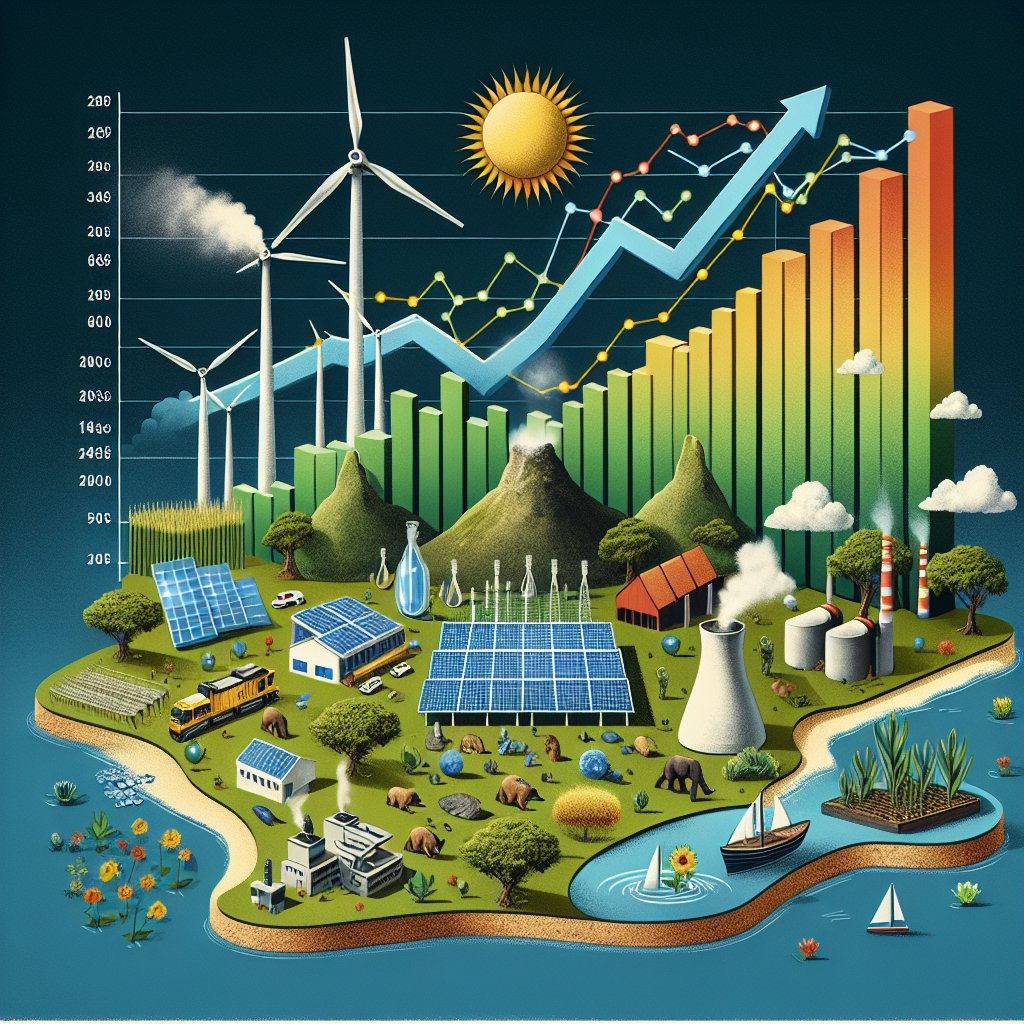Image: AI generated for illustration purposes
South Africa's Multi-Billion Rand Climate Challenge: Scaling Up Finance for 2030 Targets
The journey toward a greener, more sustainable future in South Africa is paved with financial challenges as the country looks to ramp up its climate finance to an unprecedented level. A recent comprehensive report released by the Presidential Climate Commission has laid out stark figures indicating the need for a substantial increase in funding if South Africa is to meet its ambitious climate goals within the stipulated timeline.
The "SA Climate Finance Landscape" report paints a fiscal picture that prompts immediate action. From the period covering 2019 to 2021, the report concludes that to stay on track for the nationally determined commitments (NDCs) by 2030, South Africa requires a whopping R535 billion per year. When compared to the present average annual funding of R131 billion, the required amount marks a quintuple increase that calls for strategic mobilization of resources and effective investment frameworks.
The report places the country’s net-zero ambitions into a clear monetary perspective, estimating an average annual need of R334 billion to achieve a carbon-neutral economy by the year 2050. This significant financial hurdle illustrates the gravity of investment that is necessary for South Africa to contribute effectively to the global effort of mitigating the impact of climate change.
As an emerging economy with rich biodiversity and significant carbon emissions due to a coal-dependent energy grid, South Africa stands at a crossroads. The fiscal leap required emphasizes the need for an integrated and multi-faceted approach to securing climate finance. This includes bolstering domestic financing mechanisms, attracting international funds, enhancing private-public partnerships, and creating an enabling environment for green investments.
The scale of investment would see a transformation across sectors. Renewable energy projects, ecosystem conservation, water management, and sustainable land use would all share in the influx of funds. Each sector plays a pivotal role in meeting the NDCs, which are a set of actions and commitments detailed under the Paris Agreement to reduce national emissions and adapt to the impacts of climate change.
Part of the challenge lies in transitioning from fossil fuels to renewable energy sources without disrupting the nation's energy security or the economy. Another substantial portion of the investment would be funneled into projects designed to promote resilience against the adverse effects of climate change—such as drought, flooding, and extreme weather patterns which have been noticeably affecting the country.
As South Africa advances towards these ambitious targets, the report illustrates a broader pattern of need within developing countries, which are urging wealthier nations to deliver on climate finance pledges. The distribution and mobilization of funds are essential components in international climate negotiations, reflecting the shared but differentiated responsibilities of nations in addressing global climate change.
Addressing the requirements laid out in the Presidential Climate Commission report will be integral in the coming years. The report not only serves as a financial roadmap but also as a signpost for potential investors looking to support sustainable development initiatives. With the international community's eyes on progress and accountability, South Africa's pursuit of its climate finance goals will be a testament to its commitment to global climate action and the sustainable future of its people.










